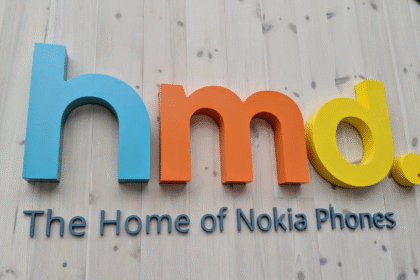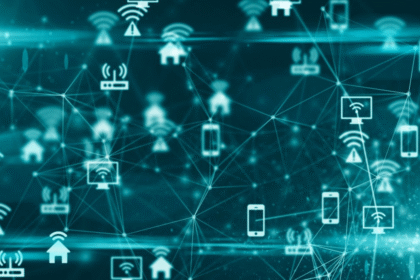Pakistan hits India with cyberattack. According to reports, Pakistan launched a string of high impact cyberattack on Saturday that seriously disrupted important components of India’s digital infrastructure.
The alleged well planned cyberattack targeted government portals, energy, telecommunications, and defense, among other vital industries in India. Among them was the official website of the BJP, the country’s ruling party. Several significant targets were compromised as a result of the attack, according to sources in Pakistan’s cybersecurity community:
-
Energy Sector: A series of SCADA (Supervisory Control and Data Acquisition) systems inside energy sector of India were successfully breached. Disturbed control systems and likely Jeopardized the stability of distribution networks and key power generation.
-
Web Infrastructure: A total, number of 1,744 web servers were wiped clean. Entire data that was stored on these servers was permanently wiped. Because of this, both public and private sector infrastructure suffered from irredeemable damage.
-
Energy and Consumer Platforms: In a report it was said that wind turbines across many states were also switched off by Pakistani cyber units. Many consumer electricity portals were unavailable which severely disturbed electricity distribution to Indian citizens.
-
Transportation and Utilities: The Indian Railways’ entire ICT infrastructure was disrupted. Furthermore, services for the Delhi Gas Discom and Kashmir Electric Discom were also destroyed. As a result, the data was completely wiped, disturbing daily operations for millions.
-
Telecommunications and Security: Over 120 routers and 1,310 IP cameras were damaged, with their configurations tweaked.
-
Government and Corporate Websites: 13 government portals, including those belonging to High-profile agencies like the Crime Research Investigation Agency (CRIAI) and the Unique Identification Authority of India (UIDAI) were disrupted. In addition to this, 110 corporate websites, which also included key firms like Bharat Earth Movers Ltd (BEML) and Hindustan Aeronautics Limited (HAL) were also taken down.
-
Defense and Sensitive Data: Allegedly, Pakistani hackers also stole up to 150 databases. These data bases contained classified information, which was leaked onto many platforms. This also includes information from India’s Border Security Force (BSF) and the Indian Air Force (IAF). Furthermore, the Maharashtra Election Commission’s database was hacked. The database of Paytm’s was also compromised.
-
Massive Surveillance Breach: The most concerning feature of the attack was the hacking of over 2,500 surveillance cameras in India, which made the cameras useless. The video footage displaying the destruction of the BrahMos missile storage site in Beas, Punjab was reportedly implanted with the watermark of the cyber operation. The video, which surfaced online Shortly after the attack, the video that emerged online, showed serious damage to the storage facility. This casted doubt on the security of India’s defense infrastructure.
-
Media Disruption: The cyber offense also targeted media organizations. 3 well known Indian news channels were defaced and disturbed. Because of these attacks, thousands of viewers were left without access to news. They could not get any updates during an already stressful period.
Both governments have responded to the scope of the disaster, even if the entire extent of the attack’s impact is still being determined. Although regional cybersecurity experts have cautioned that it may take weeks or perhaps months to undo the damage, Indian officials have not yet released a complete statement.
India and Pakistan have been accusing one another of employing cyberwarfare to compromise national security, and this cyberattack coincided with rising geopolitical tensions between the two countries.







